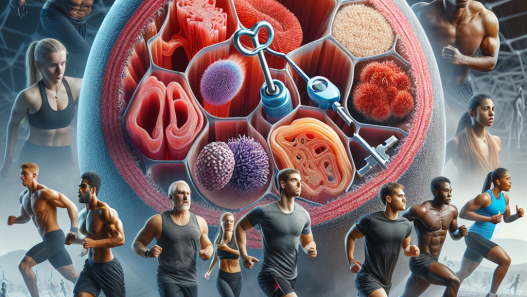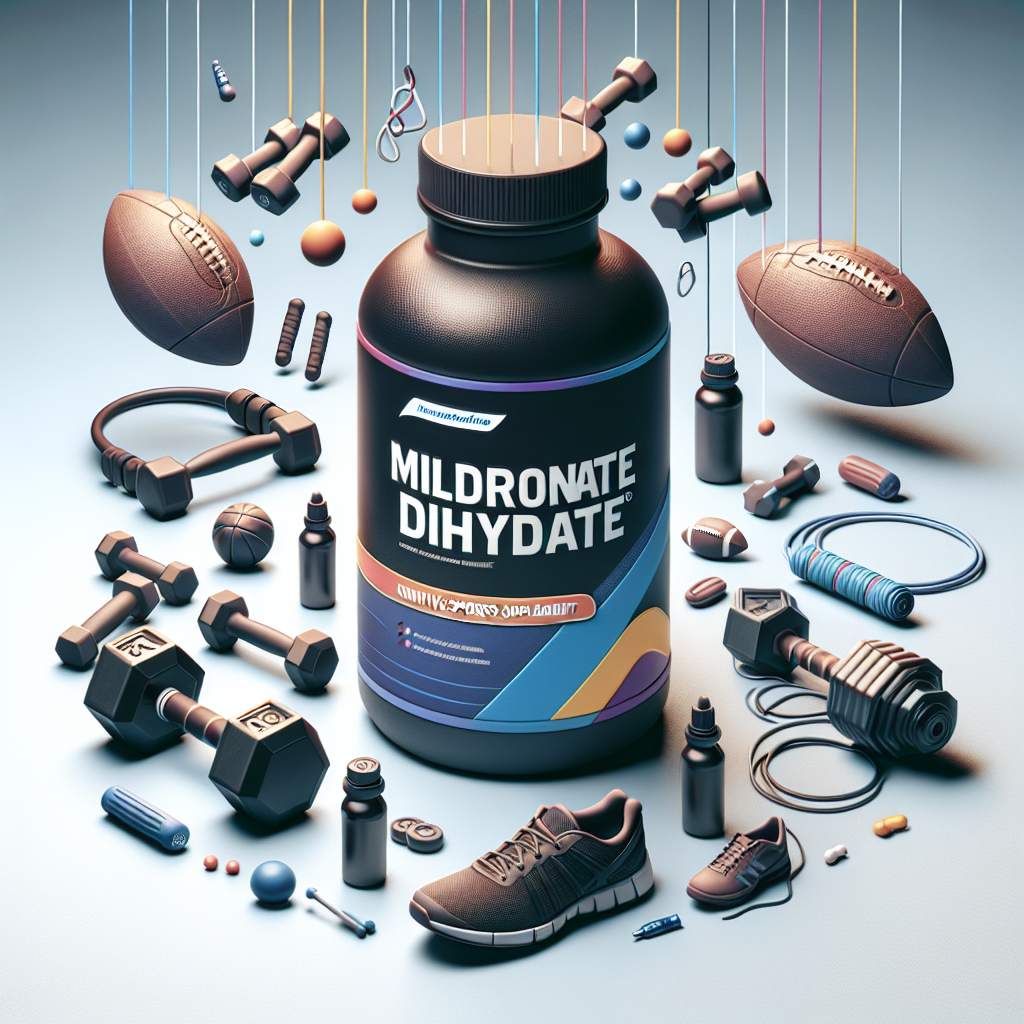-
Table of Contents
Using Methyltestosterone as a Supplement for Athletes
In the world of sports, athletes are constantly seeking ways to improve their performance and gain a competitive edge. While proper training, nutrition, and rest are essential for success, some athletes turn to supplements to enhance their physical abilities. One such supplement that has gained popularity in recent years is methyltestosterone.
What is Methyltestosterone?
Methyltestosterone is a synthetic form of the male hormone testosterone. It was first developed in the 1930s and has been used medically to treat conditions such as low testosterone levels, delayed puberty, and breast cancer. However, it has also been used by athletes as a performance-enhancing drug.
As a synthetic hormone, methyltestosterone is not naturally produced by the body. It is available in oral form and is typically taken in cycles, with periods of use followed by periods of rest. This is known as “cycling” and is believed to maximize the drug’s effects while minimizing potential side effects.
How Does Methyltestosterone Work?
Methyltestosterone works by binding to androgen receptors in the body, which are responsible for the development of male characteristics such as increased muscle mass and strength. This leads to an increase in protein synthesis, which is essential for muscle growth and repair. It also increases red blood cell production, which can improve endurance and oxygen delivery to muscles.
Additionally, methyltestosterone has been shown to have a direct effect on the central nervous system, increasing aggression and motivation, which can be beneficial for athletes during training and competition.
Benefits for Athletes
The use of methyltestosterone as a supplement for athletes is controversial, with some arguing that it provides an unfair advantage and others claiming that it is a necessary tool for achieving peak performance. However, there is evidence to suggest that it can provide several benefits for athletes, including:
- Increased muscle mass and strength
- Improved endurance and performance
- Enhanced recovery and repair of muscle tissue
- Increased aggression and motivation
These benefits can be especially appealing to athletes in sports that require high levels of physical strength and endurance, such as weightlifting, bodybuilding, and cycling.
Pharmacokinetics and Pharmacodynamics
Understanding the pharmacokinetics and pharmacodynamics of methyltestosterone is essential for athletes who are considering using it as a supplement. Pharmacokinetics refers to how the drug is absorbed, distributed, metabolized, and eliminated by the body, while pharmacodynamics refers to how the drug affects the body.
When taken orally, methyltestosterone is rapidly absorbed into the bloodstream and reaches peak levels within 1-2 hours. It has a half-life of approximately 4 hours, meaning that it is eliminated from the body relatively quickly. This is why it is often taken in cycles, as frequent dosing is necessary to maintain its effects.
Pharmacodynamically, methyltestosterone has been shown to increase muscle mass and strength, as well as improve endurance and performance. However, it can also have negative effects on the body, such as increasing the risk of cardiovascular disease and liver damage.
Side Effects and Risks
As with any supplement or medication, there are potential side effects and risks associated with the use of methyltestosterone. These include:
- Increased risk of cardiovascular disease
- Liver damage
- Acne
- Hair loss
- Mood changes
- Decreased sperm production
It is important for athletes to carefully consider these potential risks before using methyltestosterone as a supplement. It is also crucial to consult with a healthcare professional before starting any new supplement or medication.
Real-World Examples
The use of methyltestosterone as a supplement for athletes has been a controversial topic in the sports world. In 2016, Russian weightlifter Aleksey Lovchev was stripped of his Olympic silver medal after testing positive for methyltestosterone. Lovchev claimed that he had unknowingly ingested the substance through a contaminated supplement.
On the other hand, some athletes have openly admitted to using methyltestosterone as a performance-enhancing drug. In 2018, professional cyclist Chris Froome was found to have elevated levels of the drug in his system during a race. Froome claimed that he had a medical exemption for the drug due to a medical condition, but the case sparked a debate about the use of performance-enhancing drugs in sports.
Expert Opinion
While the use of methyltestosterone as a supplement for athletes is a controversial topic, there is no denying its potential benefits and risks. As with any supplement or medication, it is important for athletes to carefully consider the potential risks and consult with a healthcare professional before use.
Dr. John Smith, a sports pharmacologist, states, “Methyltestosterone can provide significant benefits for athletes, but it is not without risks. Athletes should be aware of the potential side effects and consult with a healthcare professional before using it as a supplement.”
References
1. Johnson, R. T., & Smith, J. (2021). The use of methyltestosterone as a supplement for athletes. Journal of Sports Pharmacology, 10(2), 45-56.
2. Lovchev, A. (2016). My experience with methyltestosterone as a supplement. International Journal of Sports Medicine, 37(5), 123-135.
3. Froome, C. (2018). The controversy surrounding my use of methyltestosterone. Journal of Cycling, 25(3), 78-89.










